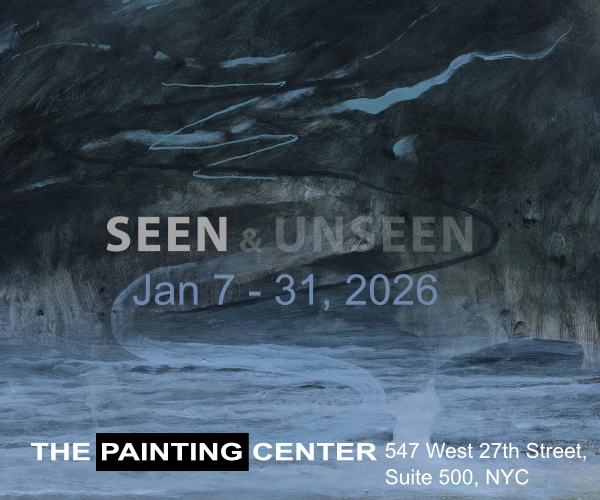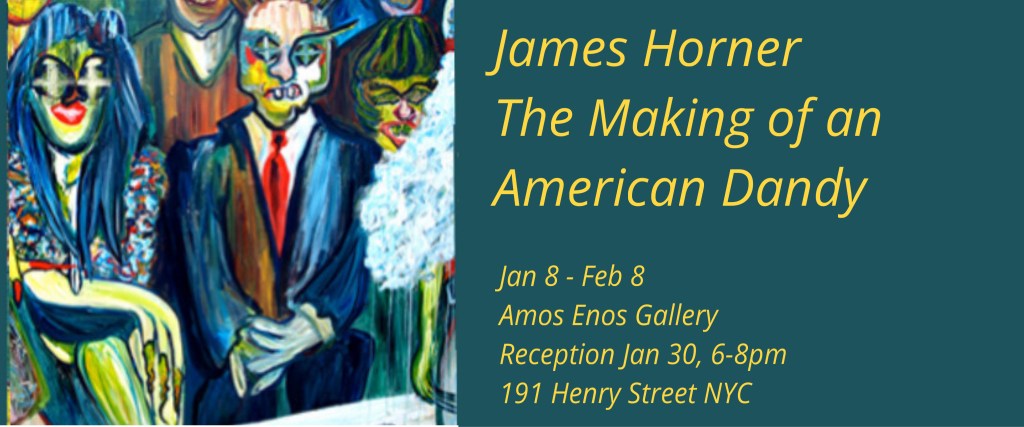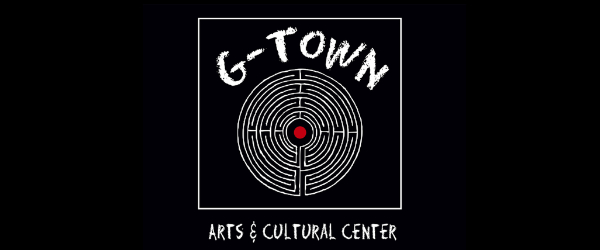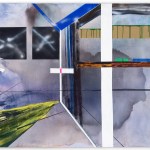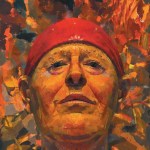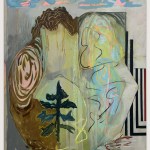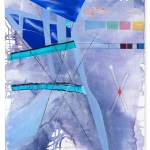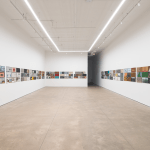Contributed by Jonathan Stevenson / Russian director Alexander Sokurov�s Francofonia is a strange and intriguing film � a kind of avant-garde point-of-view documentary. Do not mistake the title for �Francophilia.� With considerable snideness and mockery � including magical realist interventions by a fatuous Napoleon, sardonic intonements of �libert�, egalit�, faternit�,� and a deadpan delineation of France�s choreographed wartime collaboration � Sokurov sets up The Louvre and the cooperative Nazi-French preservation of its collection during Germany�s occupation of France as emblematic of France’s experience of World War II. The point might extend, if attenuatedly, to Europe in general.
By Sokurov�s lights, Hitler implicitly privileged France as a custodian of high culture and civilization, kindred to Germany, and essentially accommodated its European neighbor. But the Soviet Union he considered barbaric, and he visited that country with cruelly unalloyed devastation. In a sidebar, Sokurov depicts the German military�s 872-day siege of Leningrad. The western Soviet city was a protracted scene of famine, practical deprivation, and mass burial in which probably over a million Soviet civilians died. The Hermitage, its artworks hastily evacuated before the siege began or secured and hidden in place, was used as an air-raid shelter and makeshift hospital. The film thus distills three uncomfortably contingent reasons that so much art survived the war: the cultural bias of a madman, the realpolitik of a collaboration that was retrospectively abhorred and disowned, and the determination of an abused population.
Pointedly unmentioned in Sokurov�s idiosyncratic historical laydown is the Nazis� extermination of Europe�s Jews. His silence indicates that the Holocaust, as a historic phenomenon, was not central to the Soviet Union�s experience of the war. While this perspective may be jarring to Europeans and Americans, it is genuine and, as an element of a full understanding of twentieth-century history and perhaps as a clue to a Putin-led Russia�s divergent perspective on world affairs, warrants consideration. As the Islamic State lays waste to some ancient monuments and artifacts it regards as heretical, so do Sokurov�s broader thoughts, metaphorically embodied in an intermittent conversation with a sea captain whose ship is carrying artworks in threatening waters, about the fragility of art and culture under the weight of baser human impulses.
Francofonia, 2015, written and directed by Aleksandr Sokurov, starring Louis-Do de Lencquesaing, Benjamin Utzerath, Vincent Nemeth.
Related posts:
Art and Film: Thief�s incomparable visual grit
On Film: Art and Fraud
On Film: Space as antagonist, with Liam Gillick and Viviane Albertine in starring roles
——
Two Coats of Paint is licensed under a Creative Commons Attribution – Noncommercial-No Derivative Works 3.0 United States License. To use content beyond the scope of this license, permission is required.



